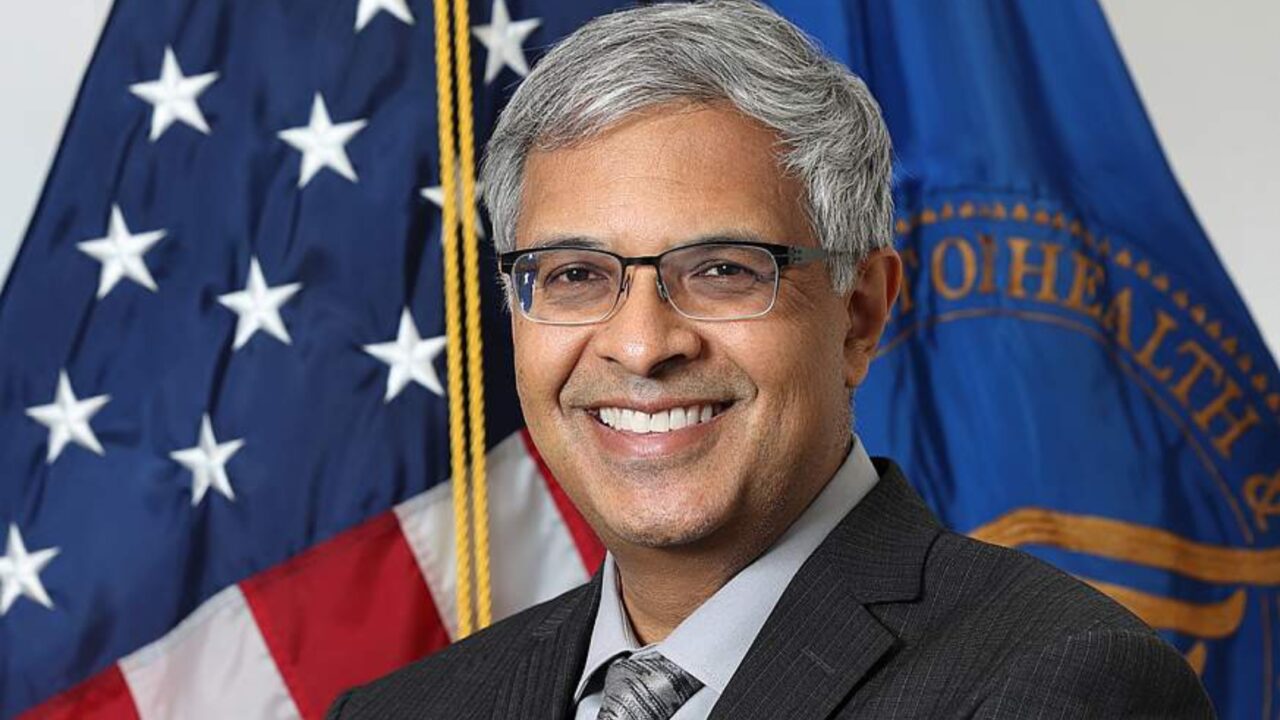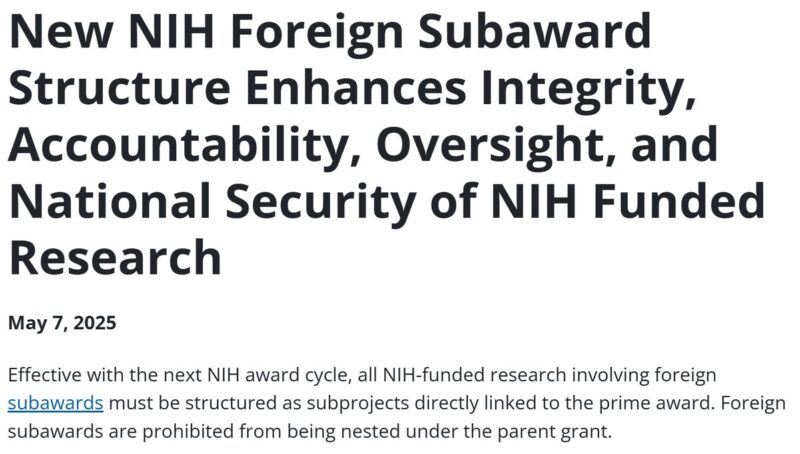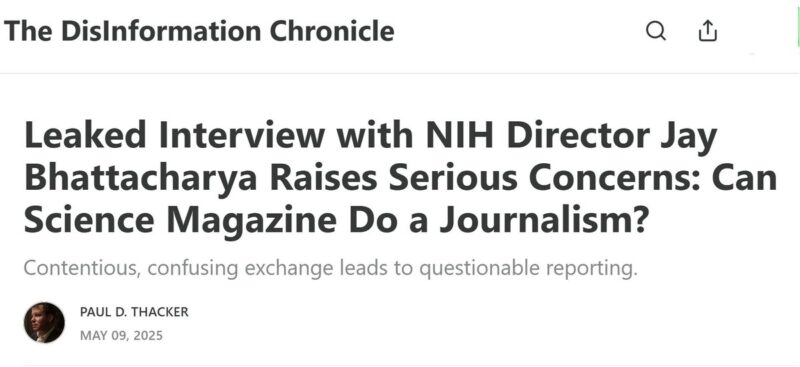
New NIH Foreign Subaward Structure Enhances National Security of NIH Funded Research
Jay Bhattacharya, 18th NIH Director, shared on X:
“In 2022, the NIH terminated a subaward to the Wuhan Institute of Virology. American taxpayers had for years been sending money there to fund dangerous gain of function research. Wuhan refused to turn over lab notebooks that the NIH demanded. Read more here.
Under the old system, which the NIH replaced this week, grantees were supposed to police the behavior of subawardees, including data sharing, financial auditing, etc. In the Wuhan case, we all saw how poorly that worked out.
To solve this problem, the NIH moved this week to a system where if researchers wants to work with a foreign institution, they can do so, but the foreign institution faces the same rules for payment and data sharing as the grantee. No more Wuhans.

Amazingly, the propaganda arm of Science Magazine reported that this sensible step – which makes sure taxpayer dollars for research are stewarded properly – as “insane.” I guess they were ok with the mismanagement of the Wuhan subaward.
In writing about the new policy, journalist Paul D. Thacker asks, ‘Can Science Magazine do a Journalism?’ My answer is: no.”

-
Challenging the Status Quo in Colorectal Cancer 2024
December 6-8, 2024
-
ESMO 2024 Congress
September 13-17, 2024
-
ASCO Annual Meeting
May 30 - June 4, 2024
-
Yvonne Award 2024
May 31, 2024
-
OncoThon 2024, Online
Feb. 15, 2024
-
Global Summit on War & Cancer 2023, Online
Dec. 14-16, 2023
